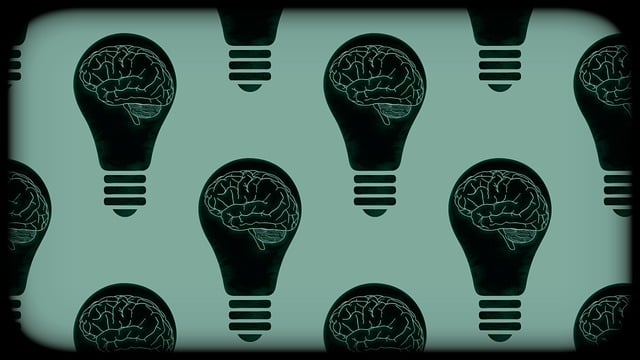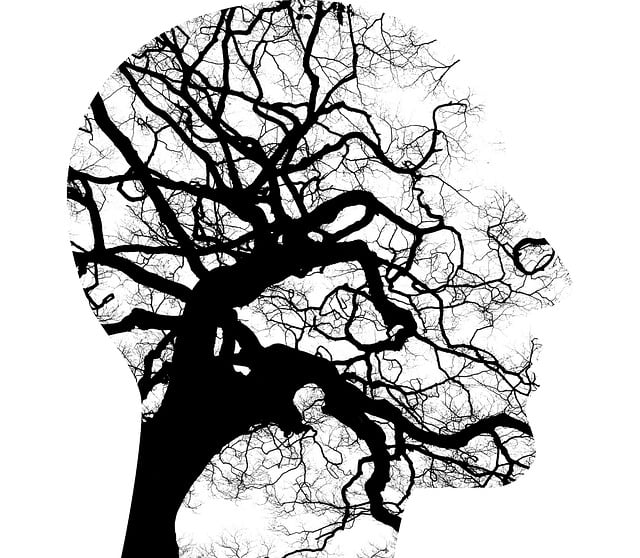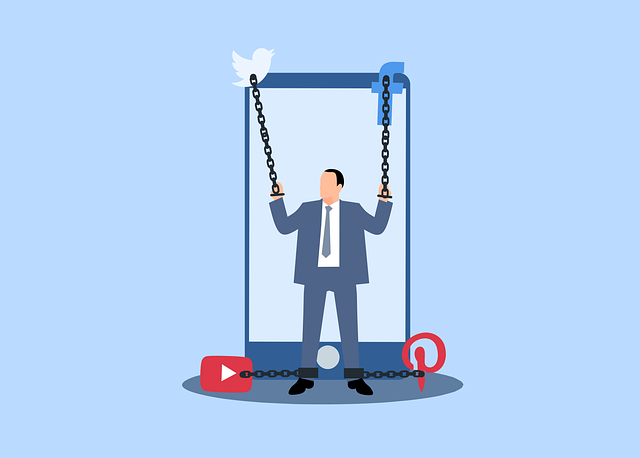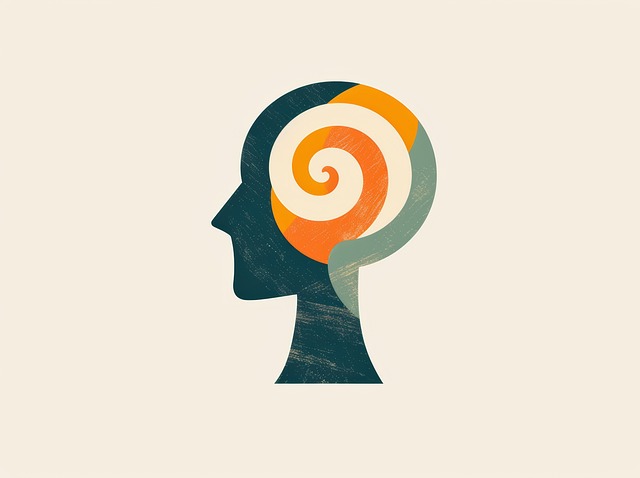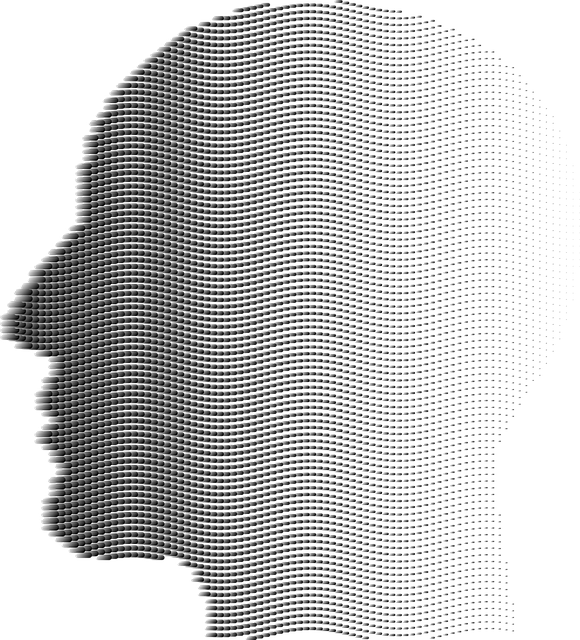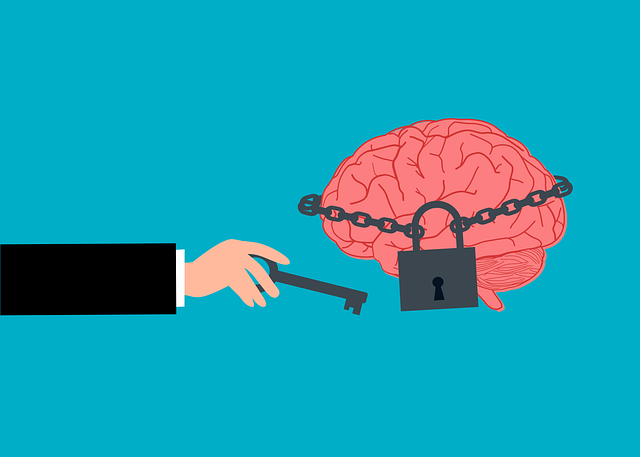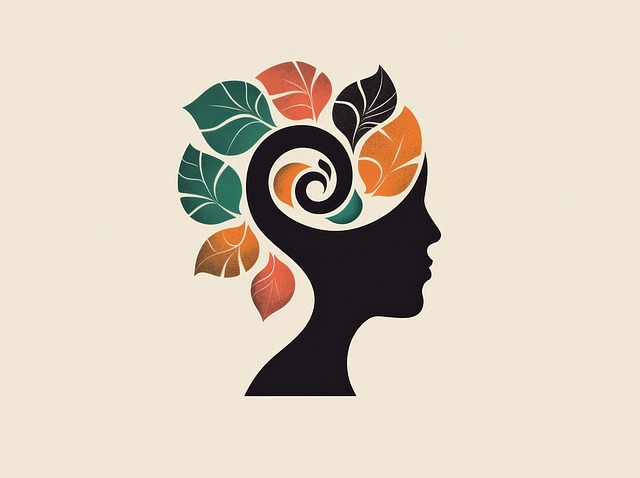In today's diverse society, mental healthcare in places like Littleton must embrace cultural sensitivity to effectively support individuals from various backgrounds. Cultural competency training for healthcare providers ensures inclusive environments that address unique client needs and reduce stigma, leading to improved mental wellness outcomes. By understanding and respecting diverse beliefs, values, and traditional healing practices, mental health professionals can tailor evaluations and therapy to align with cultural norms, enhancing overall treatment effectiveness.
In an increasingly diverse society, cultural sensitivity in mental healthcare is paramount. Understanding the intricate interplay between culture and mental health involves recognizing how cultural differences influence help-seeking behaviors and treatment outcomes. This article explores key aspects of this dynamic, including defining cultural sensitivity, deciphering cultural barriers to care, and uncovering strategies to enhance inclusive practices. By delving into these areas, we aim to equip professionals with insights for effective evaluations and tailored therapy sessions, such as those offered at Littleton Mental Health Evaluations & Therapy.
- Understanding Cultural Diversity in Mental Healthcare
- – Defining cultural sensitivity and its significance in mental health practice
- – Exploring the impact of cultural differences on mental healthcare-seeking behaviors and treatment outcomes
Understanding Cultural Diversity in Mental Healthcare

In today’s diverse society, mental healthcare practices must embrace cultural sensitivity to effectively support individuals from various backgrounds. Understanding cultural diversity goes beyond recognizing ethnic and racial differences; it involves acknowledging the vast array of beliefs, values, and traditional healing practices that shape people’s experiences of mental health and illness. For instance, in communities like Littleton, where a tapestry of cultures coexists, mental health evaluations and therapy should be culturally tailored to honor these variations.
This approach is not merely a nicety but a crucial aspect of ensuring equitable access to care. Healthcare provider cultural competency training plays a pivotal role in equipping professionals with the skills to navigate these complexities. By integrating this training into their practices, mental health professionals can foster more inclusive environments that facilitate emotional healing processes. The goal is to empower individuals to express themselves authentically during therapy, leading to deeper insights and improved mental wellness outcomes, as evidenced by the growing popularity of mental wellness podcast series production catering to diverse audiences.
– Defining cultural sensitivity and its significance in mental health practice

Cultural sensitivity in mental healthcare refers to the ability of healthcare providers to understand, appreciate, and effectively respond to the cultural contexts of the individuals they serve. This involves recognizing and respecting diverse beliefs, values, customs, and practices that shape how people perceive and express their mental health concerns. In a multicultural society like Littleton, where individuals from various ethnic, racial, and cultural backgrounds seek mental health evaluations and therapy, cultural sensitivity is not just a preference but an essential component of quality care.
It plays a pivotal role in fostering trust, improving communication, and enhancing the overall therapeutic experience. By incorporating Mind Over Matter Principles and engaging in Healthcare Provider Cultural Competency Training, mental health professionals can better address the unique needs of their clients. Moreover, cultivating cultural sensitivity helps to reduce the stigma associated with mental illness, as it promotes an environment where individuals feel understood, validated, and supported throughout their recovery journey.
– Exploring the impact of cultural differences on mental healthcare-seeking behaviors and treatment outcomes

Understanding cultural differences is paramount when it comes to mental healthcare. What may be considered normal or effective treatment in one culture could be perceived as offensive or counterproductive in another. For instance, individuals from diverse backgrounds might have unique coping mechanisms and beliefs about mental illness, heavily influencing their willingness to seek professional help. These variations can significantly shape the type of support and interventions required, highlighting the need for culturally sensitive practices.
In exploring this dynamic, mental health professionals in Littleton can better appreciate the impact of cultural norms on clients’ experiences. For example, some cultures may emphasize collective family involvement in therapy, while others prioritize individual privacy. Recognizing these differences is crucial for tailoring therapeutic approaches, such as incorporating mindfulness meditation or mood management techniques, to align with clients’ cultural preferences and enhance overall treatment outcomes.
Cultural sensitivity is a cornerstone of effective mental healthcare, as it ensures that services are accessible and beneficial for individuals from diverse backgrounds. By understanding and respecting cultural differences, mental health professionals in Littleton can improve evaluation and therapy processes, leading to better patient outcomes. This approach not only promotes equity but also enriches the therapeutic experience, fostering stronger connections and more meaningful support for clients across various cultures. Incorporating cultural sensitivity into mental healthcare practice is a vital step towards creating an inclusive environment where everyone receives the compassionate care they deserve.

